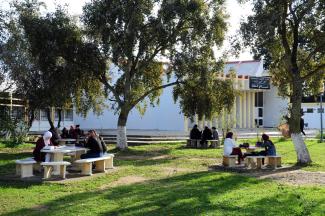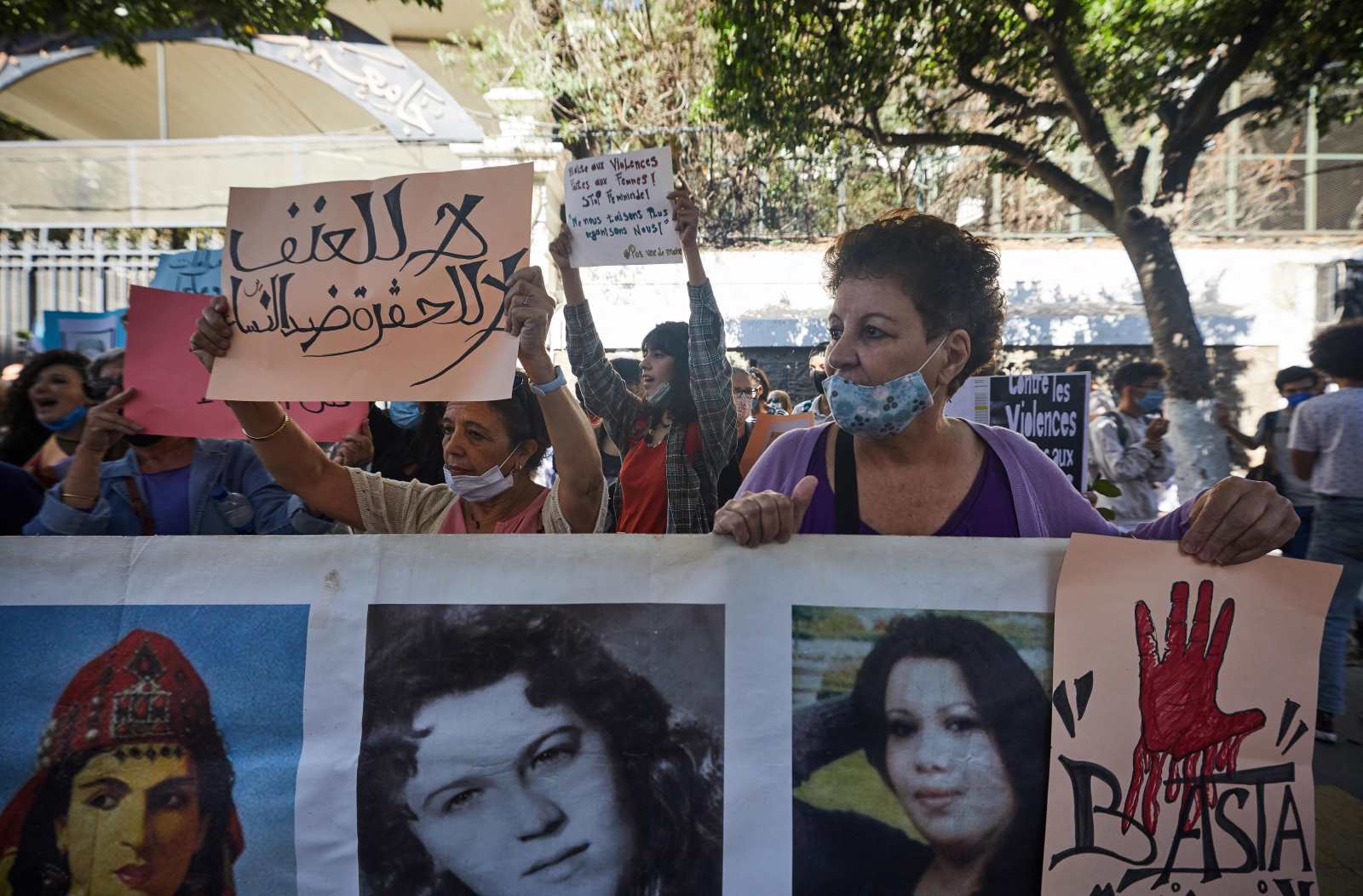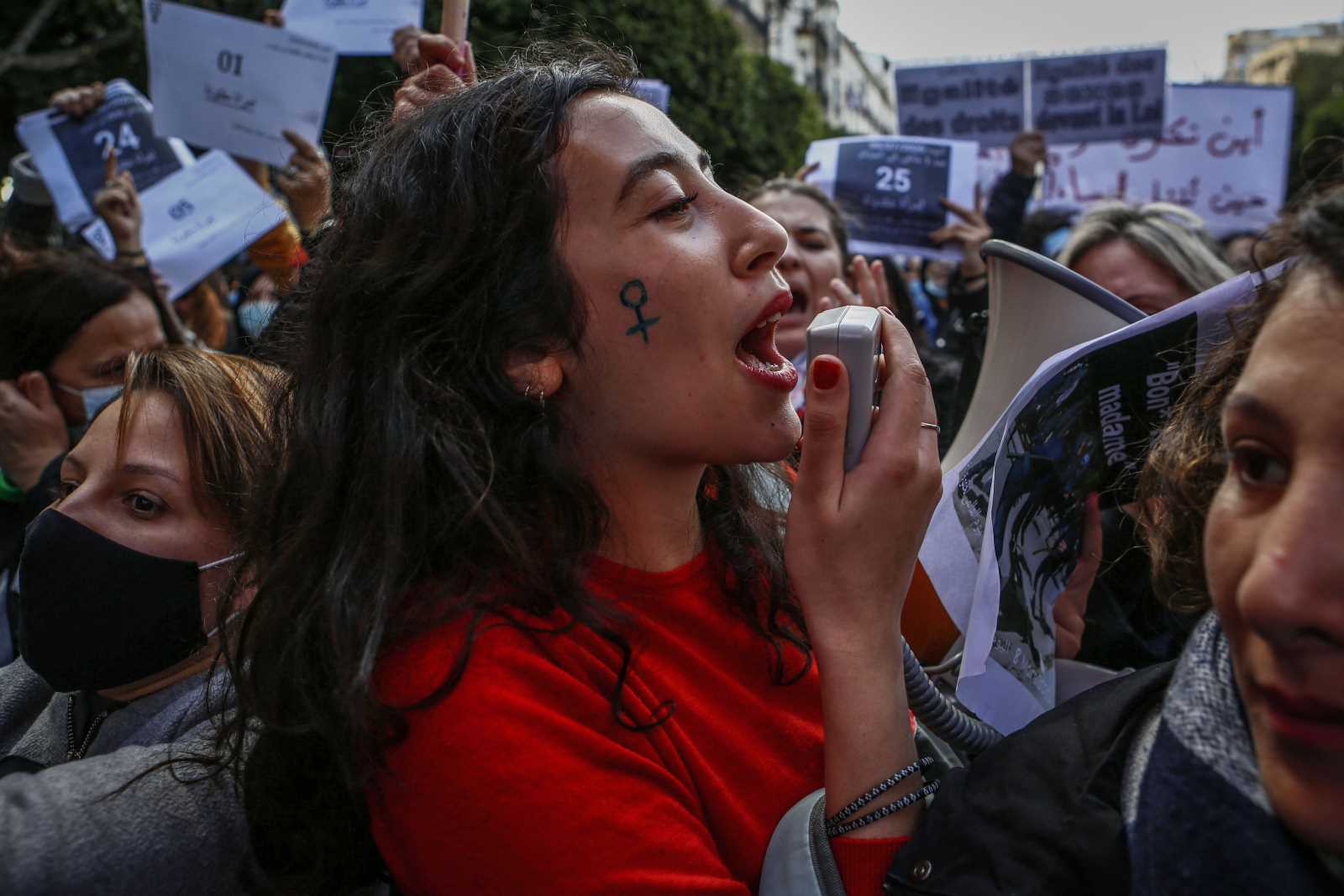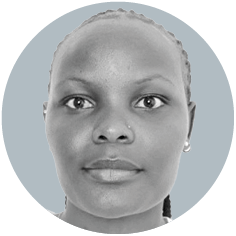Women’s empowerment
Harmful impacts of stereotypes about Algerian female students

“Come, everyone! Listen to what’s happening with “Houari,” the ambulance driver! His (Houari’s) ambulance is always parked outside the female university halls, ready to transport the “girls” from campus to the cabaret!” These lyrics from a popular song on Youtube echo a stereotype about Algerian female students that has persisted since a sensationalised report aired on Algerian television in 2013. The report, provocatively titled “When seekers of knowledge turn into prostitutes” (translated from Arabic), accused female students in university housing of feigning illness to sneak out at night. In this narrative, an ambulance driver named “Houari” would secretly transport them after curfew – not to a hospital, but to a cabaret to meet intimate partners.
In conservative Algerian society, such behaviour is seen as a severe moral breach, and the report’s claims quickly fuelled a damaging stereotype. Online platforms like Facebook then hosted additional defamatory content, while more songs on Youtube vilified female students. The then-Minister of Higher Education, Mohamed Mebarki, publicly condemned the report, denouncing its claims as baseless and asserting that it unfairly maligned Algerian female students. He also pledged legal action against the channel responsible for the broadcast.
This incident highlights entrenched patriarchal norms in Algeria, where public spaces are seen as male and private spaces as female. Social media has since become a battleground where these stereotypes are continuously generated and amplified, impacting students’ self-image, security and educational experiences. I interviewed thirteen Algerian female university students to understand their perspectives on how these stereotypes affect their safe access to higher education.
Stereotypes about Algerian female students
My interview partners, who speak anonymously in this text, frequently encounter three main stereotypes on social media, which portray them as morally suspect, unmarriageable and opportunistic.
- Sexual availability: Many believe that young women in university accommodations are “sexually available”, a stereotype rooted in the notion that they sneak out to meet intimate partners. Maria, one of my interviewees, explained that this perception poses a real threat to female students’ safety, as men sometimes loiter near dormitories, harassing female students and compromising their sense of security in spaces meant for learning and growth. Another interviewee, Sunflower, noted that gender-based harassment is often normalised in Algeria, where public spaces are largely regarded as male domains. This perception, according to Sunflower, makes it increasingly difficult for women to access their educational institutions safely.
- Unmarriageability: Social-media comments often suggest that women in student housing lack the domestic skills or “honour” expected of a prospective wife. Interviewees shared stories of potential suitors discouraged by family members from pursuing relationships with female students solely because they study or reside away from family oversight, reinforcing the stereotype that female students are unsuitable for marriage. This narrative imposes a false choice: Women must decide between education and marriage, limiting their right to pursue both.
- Instrumentalisation for success: Female students are also accused of using their perceived “sexual availability” to gain academic or career advantages, implying that their success is unearned and undermining their hard work.
Education as a pathway to personal and societal growth
The impact of these stereotypes extends beyond university life, affecting women’s wellbeing by making them feel devalued and frustrated. Aya, one of my interviewees, described how these stereotypes diminish the value of women’s contributions, often leading to feelings of anger and hopelessness in the face of societal disrespect.
The women I interviewed see education as more than academic success: it represents a path to financial independence, informed choices and active engagement in social and professional life. Financial independence, which my interviewees view as a result of gainful employment after education, empowers them to break away from male control in a society that maintains the male-provider/female-nurturer paradigm. Tulip, another interviewee, called education a “weapon” against patriarchy, highlighting how financial independence brings security and choices, allowing them to navigate life on their own terms and resist limitations imposed by traditional gender roles.
The path to educational equity in Algeria will require concerted efforts from individual Algerian women, feminist activists, scholars and policymakers. Feminist activists, in particular, must recognise the urgency of this issue and ask: Where is the Algerian feminist movement that once stood against French colonialism, the restrictive 1984 Family Code and the civil war in the 1990s? Why is it not now confronting a phenomenon that threatens women’s education, touted globally as the world’s best investment?
Khadidja Kelalech is a research associate at the University of Leicester, UK and works on women’s issues in the MENA region, with a specific focus on Algeria.
kelalechkhadidja@gmail.com
















